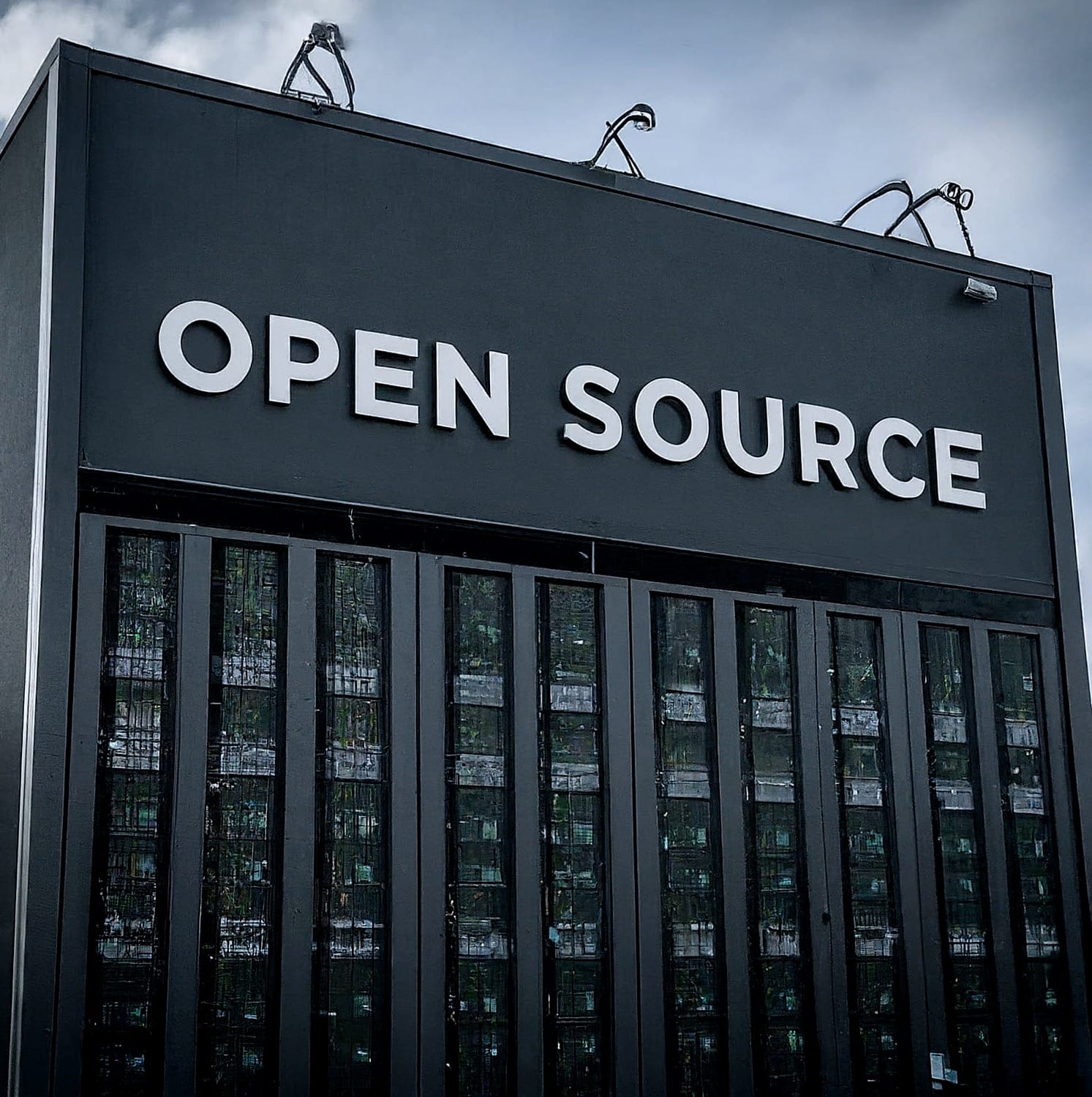Return From the Cloud

Renting servers in the cloud isn't cheap. Traditionally, the argument has been that it's still cheaper than buying your own hardware and having a dedicated staff managing servers. Plus, you get to benefit from the innovations that Amazon, Microsoft, Google and Co. are bringing to market. And then there's the uptime! Think of all the nines!
But at least for the last two or three years, I've been hearing more and more complaints about how pricey the cloud has become and barely a week goes by without seeing a new startup pitching me a new tool for bringing cloud costs down.
This week's newsletter was typed on the Akko MOD 007B PC Santorini.
The cloud price wars are most definitely over -- with maybe one exception: egress fees. Google stopped charging its customers any fees for transferring their data out of its cloud in January. This week, AWS followed suit. This isn't just out of the goodness of their hearts, of course. The European Data Act more or less forces them to do so. The missing hyperscaler here is Azure, but that's just a matter of time.
There's a lot more going on here, of course, including enterprises trying to consolidate their cloud spending while times are leaner, AI training and inferencing taking off (and being quite expensive) and more. But that's for another week. Let's talk about what's new in private cloud instead.
For a long time, private cloud options were either closed and expensive, like vSphere, or open and complex to manage, like OpenStack – and since virtually nobody in enterprise IT knows how to deploy and manage a giant open platform like OpenStack, you end up paying a vendor for that, too.

This week, I wrote about Ubicloud, a new open-source project from the team behind the Microsoft-acquired Citus Data. Ubicloud is building a new cloud system that businesses can run in their own cloud or on bare-metal servers from affordable providers like Hetzner and OVH. Right now, there's only a compute, storage and networking piece to this, as well as a PostgreSQL database.
But the mission here is to build an alternative to OpenStack by building an open alternative to AWS. A Kubernetes platform is coming next, which will then make it very easy to deploy virtually any application on the platform.
"We're designing for simplicity," Ubicloud writes in its docs. "With OpenStack, you pick between 10 hypervisors, 10 S3 implementations, and 5 block storage implementations. The software needs to work in a way where all of these implementations are compatible with each other. That leads to consultant-ware. We'll take a more opinionated approach with Ubicloud."
Them's fighting words.
Ubicloud already offers a managed service, too, making getting started quite easy. It's very early days, obviously, but I rather like the idea of somebody trying to build a new platform like this.
A couple of other stories I wrote this week:



